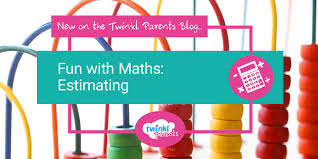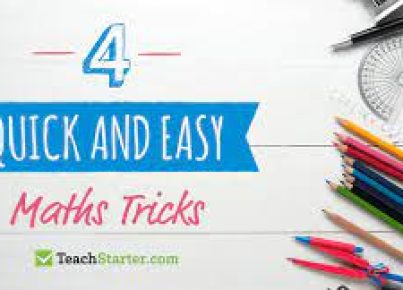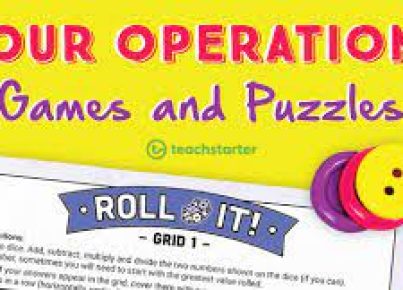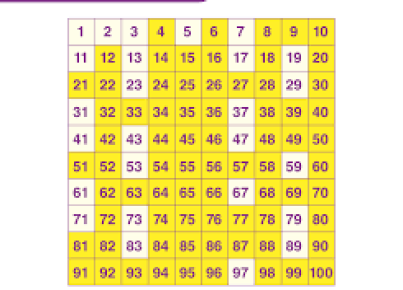Introduction:
Estimation is a crucial skill in mathematics that helps children develop their ability to make reasonable approximations and improve problem-solving abilities. This article explores 20 engaging and practical estimation activities to improve kids’ math skills and make learning fun.
1. Estimating Jellybeans: Fill a jar with jellybeans and have the kids guess the number of jellybeans inside. Later, count the actual number with them and compare their estimates.
2. Guess the Weight: Provide different objects and ask kids to estimate their weights. Use a scale to check their approximations.
3. Shopping Estimations: During grocery shopping, let your child estimate the cost of each item before looking at the price tag.
4. Measuring Distances: Encourage kids to estimate distances between two points, such as between home and school or while walking in a park.
5. Cooking Measurements: While cooking together, ask your child to estimate the amount of each ingredient needed before using measuring cups or spoons.
6. Estimating Time: Develop time estimation by asking them how long specific tasks will take (i.e., getting dressed, brushing teeth).
7. Number of Steps: Have your child guess the number of steps it takes to walk from one point to another, then count together for accuracy.
8. Round-off Numbers: Teach children to round numbers by providing them with various numbers and asking them what they would round them off to.
9. Animal Lineup: Create a sheet with pictures of animals and have your child estimate the animals’ lengths in inches or centimeters.
10. Outdoor Scavenger Hunt: While outdoors, ask kids to estimate how many acorns, leaves, or rocks they can find within a certain time frame.
11. Card Game Estimations: In card games like “Go Fish” or “Crazy Eights,” have children predict how many cards are needed to complete a matching set before drawing their cards.
12. Comparing Lengths: Give your child two items of different lengths and have them estimate the difference in size.
13. Estimating Volume: Have kids guess how much liquid is in various containers like bottles and cups before measuring them together for accuracy.
14. Coin Collections: Provide different coin denominations and have children estimate the total value of their collection.
15. Temperature Predictions: Each morning, let your child predict the day’s temperature before checking on weather apps or thermometers.
16. Estimating Sums: Challenge kids to estimate sums before actually adding numbers together, helping them develop mental math skills.
17. Playground Predictions: Ask kids to estimate how many seconds it takes them to climb up the playground equipment or cross monkey bars.
18. Grouping Objects: Encourage your child to guess the number of object groups divided into specific categories (e.g., toys, clothes, books).
19. Capacity Comparisons: Kids can estimate the volume that different containers can hold by comparing their sizes visually.
20. Angle Approximations: Let kids draw different shapes with angles and have them estimate those angles’ degree measurements.
Conclusion:
By incorporating these estimation activities into your child’s daily routine, you will help improve their math skills while making learning fun and engaging. Keep practicing these activities so your child becomes efficient at estimating in various day-to-day situations, fostering a strong foundation for problem-solving abilities.





